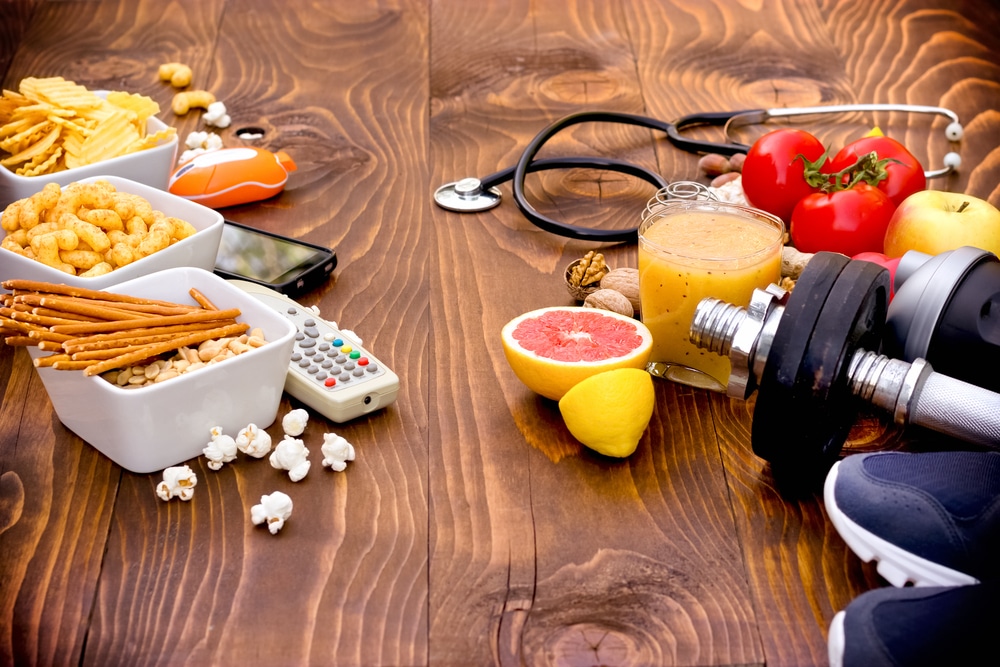
Research shows that about 40-60% of people relapse within 30 days of completing a rehab program, and up to 85% relapse within the first year. These statistics highlight the challenging nature of addiction recovery. But the good news is that relapse is a normal part of the recovery process, and there are several effective things you can do to lower the risk of relapse and promote long-term recovery.
The recovery from addiction is not a one-time event but an ongoing process. It's essential to understand that there isn't a finish line where you can declare yourself "cured." Instead, it's more like embarking on a lifelong journey – one that requires continuous effort, commitment, and positive reinforcement.
Just as a journey involves taking one step at a time, recovery relies on the accumulation of everyday habits. These small, consistent actions build up over time to create a substantial and lasting change in your life. Daily habits provide a sense of purpose and direction as you navigate the challenges and uncertainties that come with recovery. They also offer structure and routine that help you regain a sense of control, which can be particularly comforting during the turbulent early stages of recovery.
So, let's explore these daily habits in more detail and understand how they can empower you to stay on track and build a healthier, more fulfilling life in recovery.
One of the first things to do is to define your goals with utmost clarity. Vague or ambiguous objectives can make it difficult to measure progress or stay motivated. Consider using the SMART criteria (Specific, Measurable, Achievable, Relevant, and Time-bound) to structure your goals.
Applying the SMART criteria to your recovery goals can help you create a roadmap for your journey, making it easier to stay focused, track your progress, and celebrate your achievements along the way. It's important to break larger goals into smaller, more manageable steps to maintain motivation and a sense of accomplishment throughout your recovery process.

Social challenges like peer pressure, environments, situations, etc., can be significant obstacles in the path to recovery. You need relapse prevention strategies in place to help you avoid or deal with such triggers when they arise. Here are some quick strategies for avoidance:
There is a strong connection between nutrition and mental health. A diet rich in fruits, vegetables, lean proteins, and whole grains can positively impact your mood and cognitive function, supporting emotional stability during recovery.
Proper nutrition also provides your body with the essential nutrients it needs to repair and heal. It can help alleviate physical symptoms associated with recovery, such as withdrawal symptoms or imbalances in neurotransmitters. Not only that, a healthy diet stabilizes your energy levels, reducing mood swings and irritability that may trigger cravings or relapse.
Here are some quick tips when planning your meals for a healthy lifestyle:
Experts think that physical activity can serve as a healthy stand-in for drugs and alcohol. The reason is exercise, and addictive substances work on the same parts of the brain. Adding physical activity to your routine helps release endorphins, which improve mood and reduce stress. Exercise as part of your daily discipline will also help you feel more energized and focused throughout the day.
Studies show that exercise might:
All these aspects are essential for recovery success. Dedicate time for your workouts and commit to it. The best part about exercising is you don’t have to stick to the same old boring routine. Try different activities, including yoga, swimming, dancing, sailing, cycling, climbing, hiking, martial arts, sports, etc., to discover the ones you love.

Taking a few minutes in every day to practice mindfulness and meditation can help you stay calm and focused. It's like giving your mind a fresh start for the day. You can do this by simply sitting quietly, focusing on your breath, and clearing your thoughts.
Mindfulness has been shown to increase self-awareness and reduce impulsive behaviors, all of which are great in your road to recovery. It also provides a powerful tool for reshaping the brain's neural connections and countering the effects of addiction.
Explore new hobbies and interests to stay engaged and focused on your recovery. Whether it's painting, hiking, playing an instrument, or any other activity, finding something you're passionate about can provide a sense of purpose and fulfillment.
A journal can help you reflect on your thoughts and emotions, track your progress, and identify any patterns or triggers that may affect your recovery. It's a valuable tool for self-awareness and self-improvement.
A consistent sleep schedule is crucial for overall well-being and mental health. Ensure you get enough rest by setting a bedtime and wake-up time that allows for sufficient sleep. Quality sleep can have a significant impact on your physical and emotional recovery.
Waking up at the same time each morning helps regulate your body's internal clock, improving your sleep quality and overall health. It also provides structure to your day and can enhance your productivity and mood.
Taking care of your physical well-being is essential for mental and emotional recovery. Establish a daily hygiene routine, as this will improve your physical health and boost your self-esteem and sense of well-being.
Remember that recovery is a journey, and these habits can support your progress along the way. It's important to tailor these habits to your specific needs and goals and seek professional guidance and support if necessary.